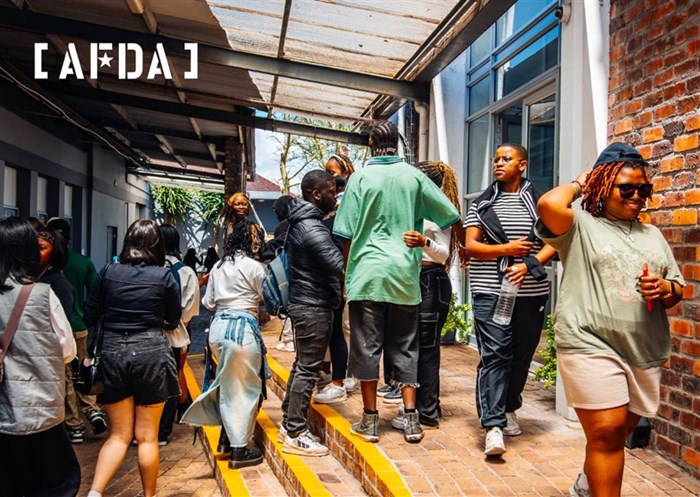
Subscribe & Follow
Advertise your job vacancies
Jobs
- Centre for Academic Success Coordinator Johannesburg
- Student Recruitment Assistant Cape Town
- Junior Graphic Designer Cape Town
- Part-Lecturer – School of Information Technology Pretoria
- Lecturer – Educational Psychology and Teaching Practice Pretoria
- Snr. Lecturer MP and Research Course - Postgraduate Johannesburg
- Snr. Postgrad Lecturer - MP and Research Studies Johannesburg
- Programme Officer Pretoria
- Interior Design Lecturer Potchefstroom
- Lecturer –Visual Merchandising & Window Display Design Pretoria
Teaching students to ethically co-create with AI in arts education
Artificial intelligence increasingly impacts and transforms creative industries.

Arts educators serve a vital role in ensuring students deeply understand these technologies and can critically evaluate their usage. Rather than viewing AI systems as 'black boxes' that simply output art and media, students should scrutinise how large language models function, probe their limitations, and identify potential harms stemming from biases or lack of transparency.
Constructively integrating AI into coursework guides students to think through necessary ethical precautions and can inspire rich conversations around human vs automated creation. Equipping learners to ethically co-create with AI as a tool, not as a replacement for human imagination and expression, will empower the next generation of writers, designers, and creative professionals to harness its potential while proactively addressing risks.
Here are some best practices for incorporating AI critically into arts curricula:
Tips:
- Have open conversations about promises and perils
- Teach how systems work and their capabilities and limits
- Use AI tools transparently to augment creativity
- Develop acceptable use policies and governance
- Consult experts in AI ethics and include student input
Examples:
- Lectures on how language models work, training data, and capabilities
- Assignments analysing biases/shortcomings of AI-generated art
- Using AI drafts and outlines to promote creativity with human refinement
- Requiring ethical development practices for student AI projects
Useful readings:
Equipping students to ethically co-create with AI as a tool guides them to harness its potential while addressing risks. Educational activities centred on critical analysis of outputs surface meaningful deficiencies for exploration. This foundation facilitates informed advocacy and leadership surrounding AI’s progress to positively shape its integration across creative industries.
About Francois Smit
We sell computers, printers, laptops and most peripherals. We also do installations of networks and troubleshooting and fixing of computers and printers.Afda is a Private Higher Education Institution owned by Stadio Holdings, which offers Higher Certificate and Degree programmes that are registered by the Department of Higher Education and Training (DHET) and the South African Qualifications Authority (SAQA).
- Tebogo Motaung wins Leader in Innovation of the Year Award 2024 for Afda14 Feb 12:45
- Celebrating an outstanding multi-award-winning 2024 for Afda students and alumni06 Feb 10:57
- Afda alumni shine on Oscar-nominated film - The Last Ranger27 Jan 15:58
- Afda lecturer Gerard Rudolf wins Ingrid Jonker L'Art Poétique Prize24 Jan 09:57
- Afda 2024 Graduation films selected to travel globally20 Jan 14:10
Related
Tebogo Motaung wins Leader in Innovation of the Year Award 2024 for Afda 14 Feb 2025 Afda lecturer Gerard Rudolf wins Ingrid Jonker L'Art Poétique Prize 24 Jan 2025 Afda 2024 Graduation films selected to travel globally 20 Jan 2025 7de Laan's Diaan Lawrenson takes the helm as Afda CEO 28 Nov 2024 The Afda Graduation Festival 2024 – Celebrating 30 years of Afda 6 Nov 2024 Afda film Anguish wins Best Student Film at Saftas 5 Nov 2024












